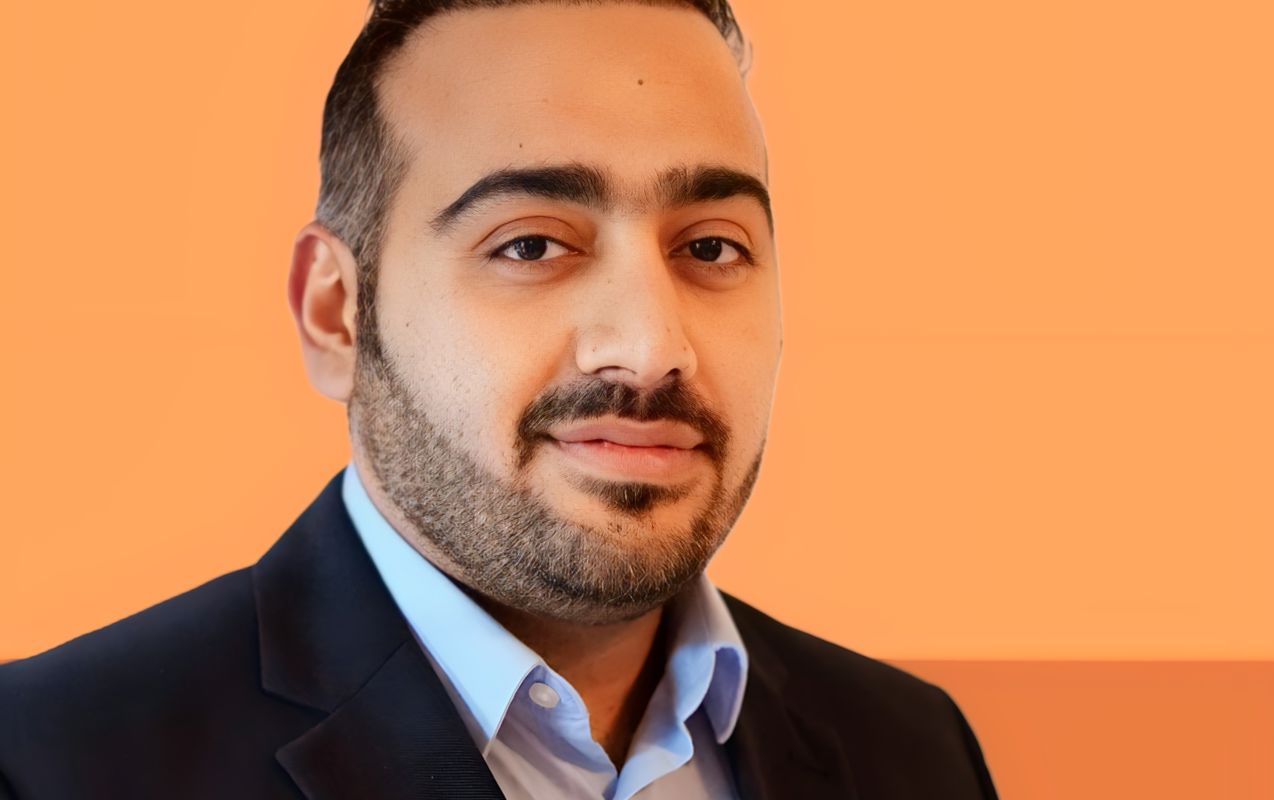
'It felt like a true victory'
First Syrian accountant becomes Dutch RA
Mohammed Karbijha, senior manager at KPMG Nederland, passed with flying colours for his Dutch RA exam last September. Since January 2025 he is officially RA. It has been a long journey for an accountant who started his professional life as an auditor working for EY in Damascus.
Growing up in Damascus Mohammed enjoyed life in the oldest city in the world although he was hardly aware of its heritage. ‘That part became apparent after I left. It seems that only when you leave you notice how special Damascus is.´ When he dreamt of a career he fancied himself as an engineer. That changed after the advice of a friend´s father who told him that if he really wanted to succeed he should become an accountant. ´I had no clear idea what the profession was about but it sounded appealing so I decided to follow through on his advice.´
Stamina
The bachelor and master Accountancy in Syria require the same stamina as the Dutch RA syllabus. It took Mohammed seven years to become an accountant. After his master degree he started as an auditor for EY in Damascus and obtained his Syrian CPA. There are a lot of similarities between a Syrian auditor and a Dutch auditor although there are also some striking differences. ‘Here the auditor is really an outsider. In Syria the lines are often more blurred. At least they were during the time when I was in practice. It was not uncommon for a client to ask the auditor if he could assist compiling the financial statement for his annual account. Something that is inconceivable by Dutch accounting standards. Luckily I worked mainly for big corporates who valued the independent role of the auditor.’
His career progressed smoothly. After a four year stint at EY he became a chief accountant at the Syrian branch of Albaraka Bank. But the turmoil in Syrian society caused by the civil war after the Arab Spring began to take his toll. Life gradually started to became unbearable. In 2016 he left his homeland. His background as an accountant working for a big four company helped him to find his footing in the Netherlands. He found a job at KPMG but to become a Dutch chartered accountant proved more of a challenge. ‘I was the first accountant to arrive from Syria so people found it difficult to determine how competent I was.’
Struggle
To become a RA he had to take classes on subjects he already had mastered in Syria. He decided to approach it as a challenge and not a setback. ‘In fact the repetitiveness proved to be an advantage. I saw it as an opportunity to learn the language. To further bridge the language gap he searched online for webinars where the same subjects were explained in English. He also started reading articles in Accountant.nl and FD and listening to podcasts like Vitamine A and Busy SeasonTalk. With the occasional help of his direct colleagues who he could ask for additional clarification he managed to tackle obstacles like Dutch tax laws and Bestuurlijke informatievoorziening. His language skills improved when he was sent on an audit to Maastricht. ‘I was there every year for three months. I struggled with the local accent but more people talked Dutch to me. That helped a lot.’
Last September he cleared the last hurdle. His final exam took place seven years after he started his Dutch accounting journey. He knew he was ready. ‘After all this time you know you have acquired all the knowledge. At the same time, the more you read the more room there is for doubt. I had practiced the oral exams with colleagues and senior team members. I also prepared on my own by going through the slides of my presentation and asking myself questions.’
Emotions
All the preparation paid off. He scored an impressive nine for his exam. ‘I was positively surprised by that’, he confides. For him the exam was a very pleasurable experience. All the anxiety evaporated after he entered the room. ‘It didn’t feel like an exam because it started very informal. The examiners fetched water and coffee and I started talking about my background. Of course you have to deliver on hard knowledge but the whole setting was very helpful for me. It provided me with the right mindset. The exam took 1,5 hour but at the end it felt like fifteen minutes had passed. When I heard my final grade I didn´t realize how rare that was. What mattered most to me was the feedback and kind words I received from the examiners. They ended their feedback with big smiles, saying, “Welcome to the NBA.” I walked out of the exam room smiling, overwhelmed with emotions. It felt like a true victory.´
He still enjoys the euphoria of his success, especially when someone reminds him of his achievement. ´I feel like a true professional now. Instead of receiving emails about homework, I now get NBA invitations to attend conferences, which feels great. I think I am also different at work. Being an RA already gives people an introduction to who you are. On the other hand, after such a long study journey, I feel a slight emptiness now that I don’t have a structured academic commitment. But I think this is normal. Learning never stops, especially in our profession, where the environment is constantly changing.´